Dhaka, Aug 28 (V7N) — The 56th Director General-level Border Conference between Border Guard Bangladesh (BGB) and India’s Border Security Force (BSF) concluded in Dhaka on Thursday with the signing of the Joint Record of Discussions (JRD), marking the end of a four-day dialogue focused on strengthening bilateral cooperation and ensuring peace along the international border.
The Bangladesh delegation was led by BGB Director General Major General Mohammad Ashrafuzzaman Siddiqui and included 21 members comprising senior BGB officials and representatives from the Office of the Chief Adviser, Ministry of Home Affairs, Ministry of Foreign Affairs, Ministry of Shipping, Roads and Highways Department, Department of Land Records and Surveys, Joint Rivers Commission, and the Department of Narcotics Control.
The Indian delegation, headed by DG BSF Shri Daljit Singh Chaudhary, consisted of 11 members, including senior BSF officers, officials from India’s Ministry of Home Affairs and Ministry of External Affairs, and representatives from the Indian High Commission in Dhaka.
The two sides discussed a range of pressing issues during the conference, reaffirming mutual commitments to improve border management and cooperation.
Key outcomes of the conference included:
a. Border Killings: DG BGB expressed grave concern over the indiscriminate shooting and deaths of Bangladeshi nationals near the border by BSF personnel and Indian civilians. In response, DG BSF assured Bangladesh of increased precautionary measures, including intensified night patrols in high-risk areas. Both sides agreed to launch joint awareness campaigns, enhance socio-economic initiatives in border communities, and enforce stricter border discipline to reduce such incidents to zero.
b. Illegal Crossings and Pushbacks: DG BGB raised the issue of illegal pushbacks of individuals, including Indian nationals and Forcibly Displaced Myanmar Nationals (FDMNs), into Bangladeshi territory. DG BSF assured that repatriation of Bangladeshi nationals residing illegally in India would occur through mutually agreed legal processes.
c. Cross-border Smuggling: Both sides reaffirmed their commitment to combating smuggling of narcotics, weapons, explosives, gold, counterfeit currency, and other contraband. They agreed to strengthen the Coordinated Border Management Plan (CBMP) through real-time information sharing, investigation coordination, and enhanced vigilance.
d. Transboundary Crimes: The conference underscored the need for curbing illegal intrusions, human trafficking, and border pillar tampering. Both sides agreed to intensify efforts to deter local populations from engaging in cross-border crimes while respecting the sanctity of the international boundary.
e. Development near the Border: A consensus was reached to refrain from undertaking development projects within 150 yards of the zero line without prior mutual consent. Both countries also agreed to facilitate riverbank protection works approved by the Joint Rivers Commission and to prevent unauthorized activities in common rivers.
f. Connectivity Projects: Regarding the installation of optical fiber lines under the ‘Connected Bangladesh’ project through the Tin Bigha Corridor to Dahagram, the BSF assured that the matter would be forwarded to the concerned Indian ministries and agencies for resolution.
g. Counterterrorism Cooperation: The delegations reiterated their zero-tolerance stance toward cross-border insurgent groups and pledged real-time intelligence sharing to prevent terrorism and armed activity along the border.
h. Border Demarcation: BGB raised the necessity of permanently constructing border pillars in Muhurir Char in Feni and demarcating the boundary along the Ichhamati, Kalindi, Raimangal, and Hariabhanga rivers. BSF assured that these concerns would be forwarded to relevant Indian ministries.
i. Airspace Coordination: Both sides agreed to avoid airspace violations and ensure transparency by exchanging advance information regarding scheduled aerial activities to prevent misunderstandings.
j. Media Responsibility: The delegations committed to advising their respective media outlets against publishing misleading or inflammatory reports that could strain bilateral relations or incite tension in border areas.
Both Director Generals expressed satisfaction with the dialogue's outcomes and reiterated their shared commitment to maintaining peace, order, and mutual trust along the Bangladesh–India border.
The successful conclusion of the 56th DG-level conference is expected to enhance bilateral understanding and operational coordination between the two border forces as they navigate emerging challenges in border management and regional security.
END/PR/V7D/SMA/



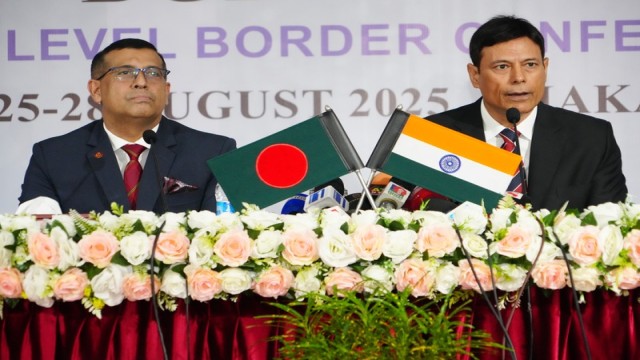
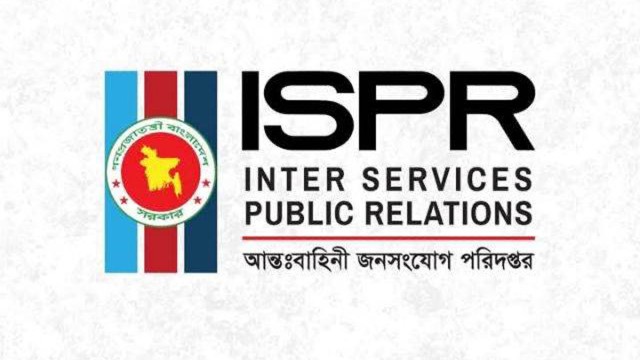
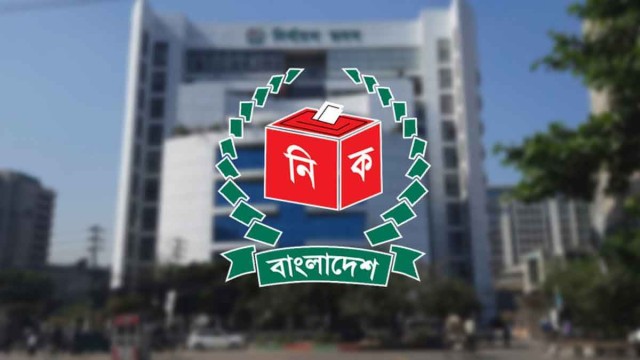
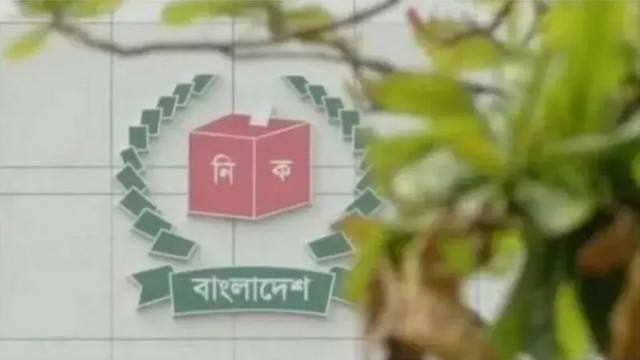
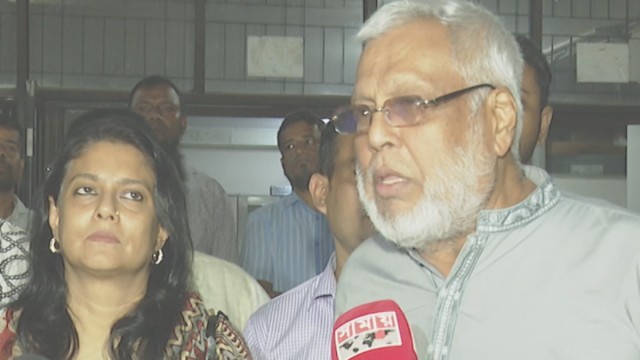
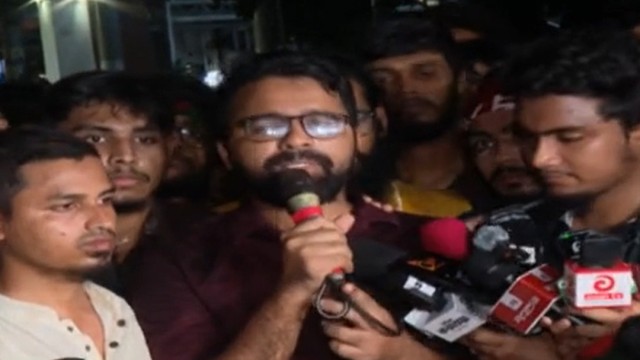
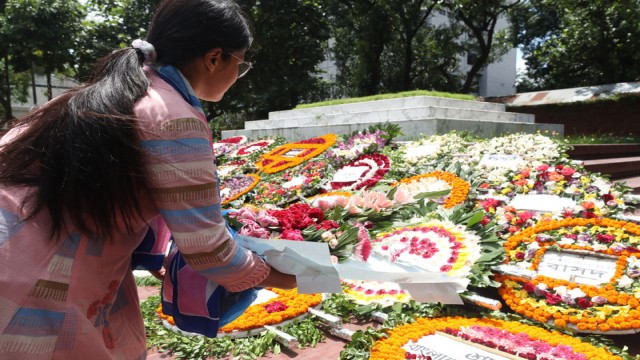



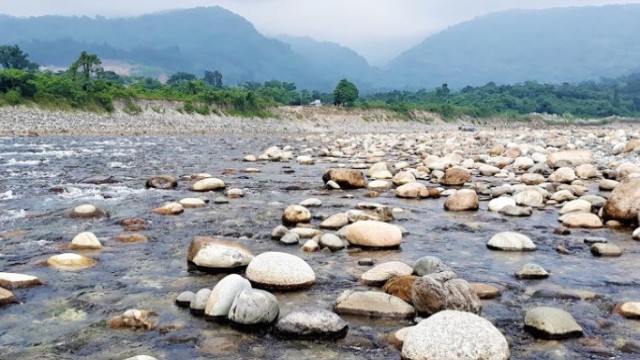


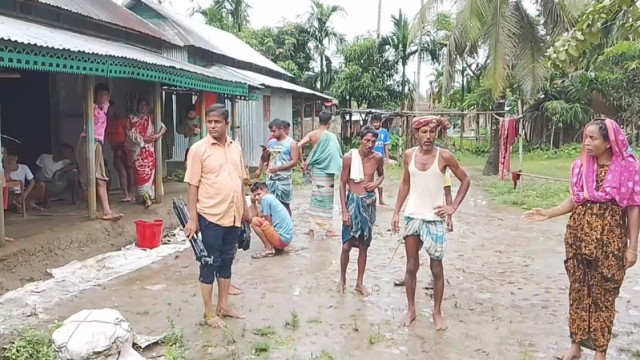





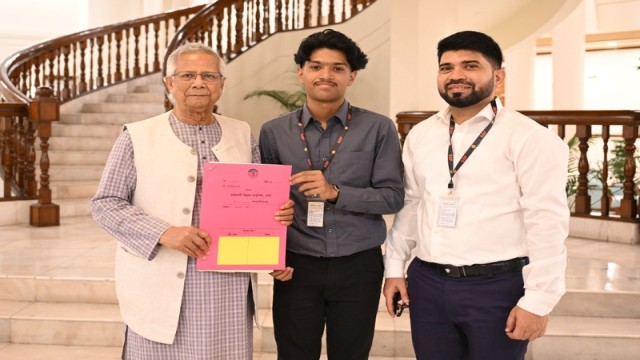
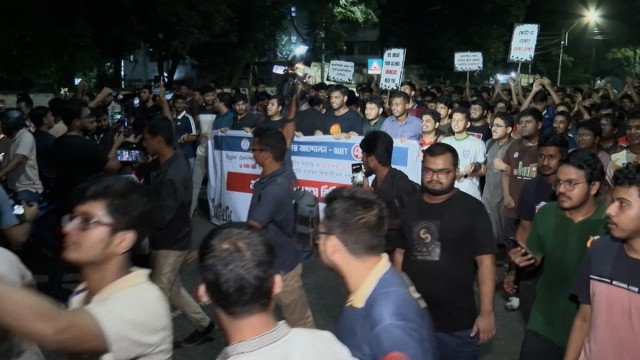
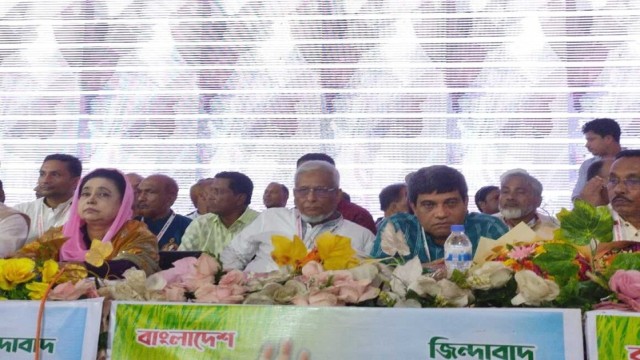
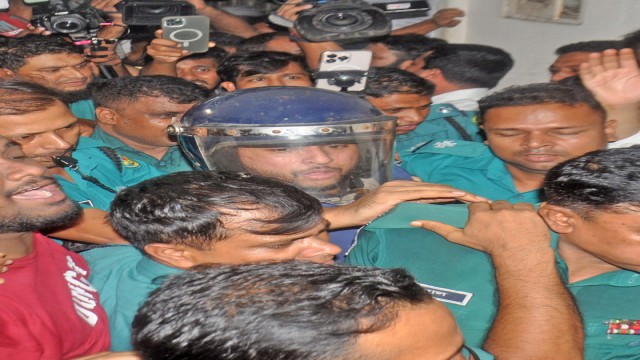

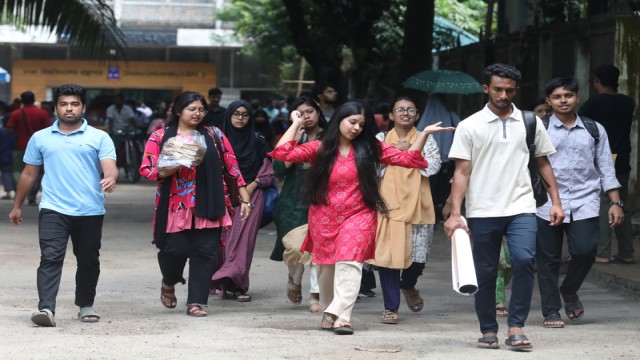
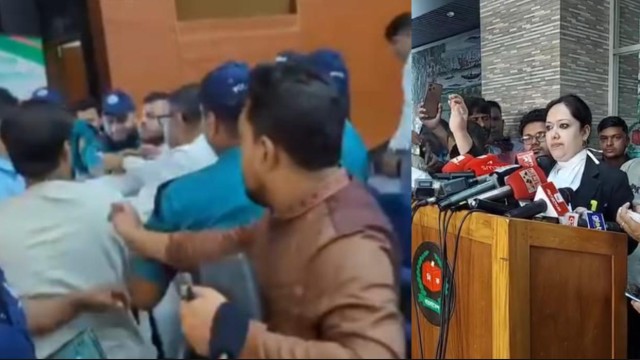
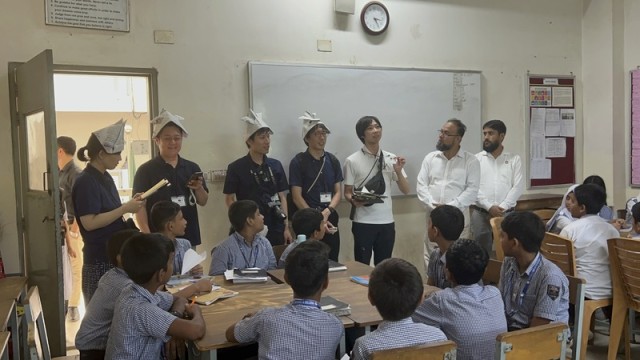
Comment: